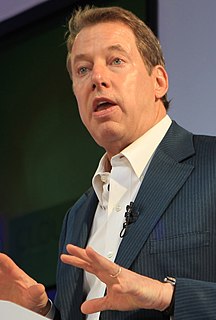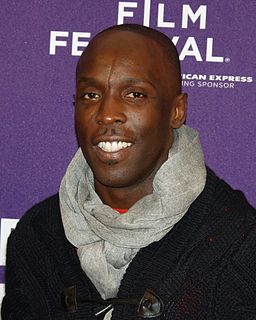A Quote by Kathryn Stockett
That's all a grit is, a vehicle. For whatever it is you rather be eating.
Related Quotes
Some people mistake grit for sheer persistence - charging up the same hill again and again. But that's not quite what I mean by the word 'grit.' You want to minimize friction and find the most effective, most efficient way forward. You might actually have more grit if you treat your energy as a precious commodity.
I now have Grit Scale scores from thousands of American adults. My data provide a snapshot of grit across adulthood. And I've discovered a strikingly consistent pattern: grit and age go hand in hand. Sixty-somethings tend to be grittier, on average, than fifty-somethings, who are in turn grittier than forty-somethings, and so on.
Writers will see your work and want to try you in different things but I think you have to stay true to your vehicle. We all have a vehicle. Whether it's a thug, or a school child or the babyface or the sex siren or the video vin, whatever it is ride that until the wheels fall off and eventually, if you build your foundation then you can branch off.
I think whatever you believe in affects whatever you express, whatever you create. It shapes your morality in some way. But I don't think that's something that you have to shove down people's throats. I'd rather keep it in the background, and I'd rather people came to the music in an unprejudiced way. I'm glad, in a sense, that most people don't know about me, what I do, much. I'd rather they hear the music, and then say, "I wonder what kind of person created this."





































